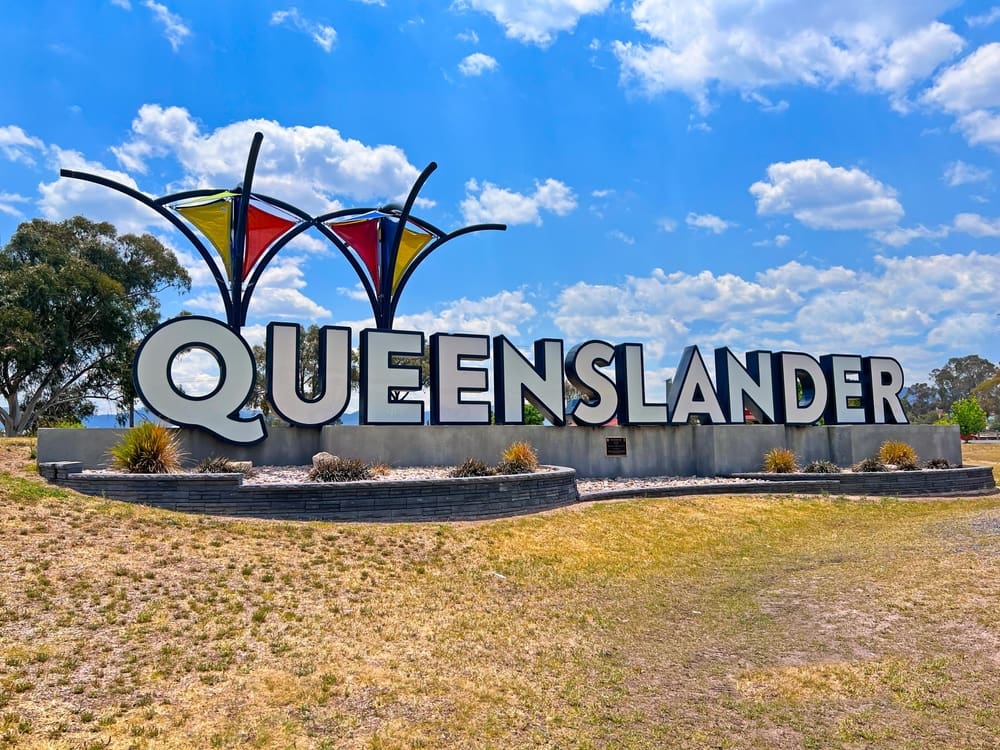Disproportionately high taxes on foreign investment in Queensland are forcing agribusiness investors to turn away from the Sunshine State and redirect investments to southern States instead.
Tim McGavin, managing director of the Brisbane-based food and agriculture investment fund Laguna Bay, and rural property specialist Danny Thomas, senior director of LAWD, shared the same frank message at last week’s Global Food Forum hosted by The Australian in Brisbane.
The Queensland Government applies a “foreign surcharge” of 3 percent on freehold land owned by foreign companies or trustees of foreign trusts (more information here), which is in addition to the State’s 2 percent land tax.
Beef Central understands other States also apply foreign surcharges but do not apply them to agricultural investments.
From July 1 this year the Queensland Government also added a 1 percent increase in the Additional Foreign Acquirer Duty (AFAD) from 7 to 8 per cent.
“Kicking own goals”
The forum was told that the surcharge was introduced with foreign investors buying city houses in mind, but had inadvertently caught foreign investors buying rural properties at the same time.
“We are just kicking own goals here,” Tim McGavin said.
“A lot of these things are put in with the best of intentions but there are some really adverse consequences.
“The Queensland Government is putting a land tax on foreign investors here which is ruling us out of the state.”
So what can you do about that, moderator Sue Neales from The Australian asked?
“Well, you go elsewhere,” Mr McGavin replied.
“Costing a lot of investment in this State”
Danny Thomas agreed, describing the situation as “a real shame”.
“Queensland has some of the best natural assets in the country, it is actually a State that requires more of the institutional capital to maximise its natural resources.
“With this $100 billion target (for annual value of Australian agricultural production by 2030), it is one of the States that should be a driving force of that.
“I just find it a little bit of confusing, we have guys from Government going over and saying come and invest in Queensland, and then they have this land tax.
“We would like to see people have a really good hard look at that, and think about what the cost-benefit is, because it is costing us a lot of investment in this State.”
Mr McGavin agreed that low margins and rates of return meant a 1-2 percent land tax could mean the difference between profit and loss.
“It is scaring capital away”.
He cited one example of an investment to develop a commercial variety of canola used to make sustainable aviation fuel that had been intended for Queensland which “is now going south”.
“So all of this rhetoric about the transition (to renewable energy sources), someone is going to make a lot of money out of that and it probably won’t be Queensland because the capital will go where it is wanted.”



